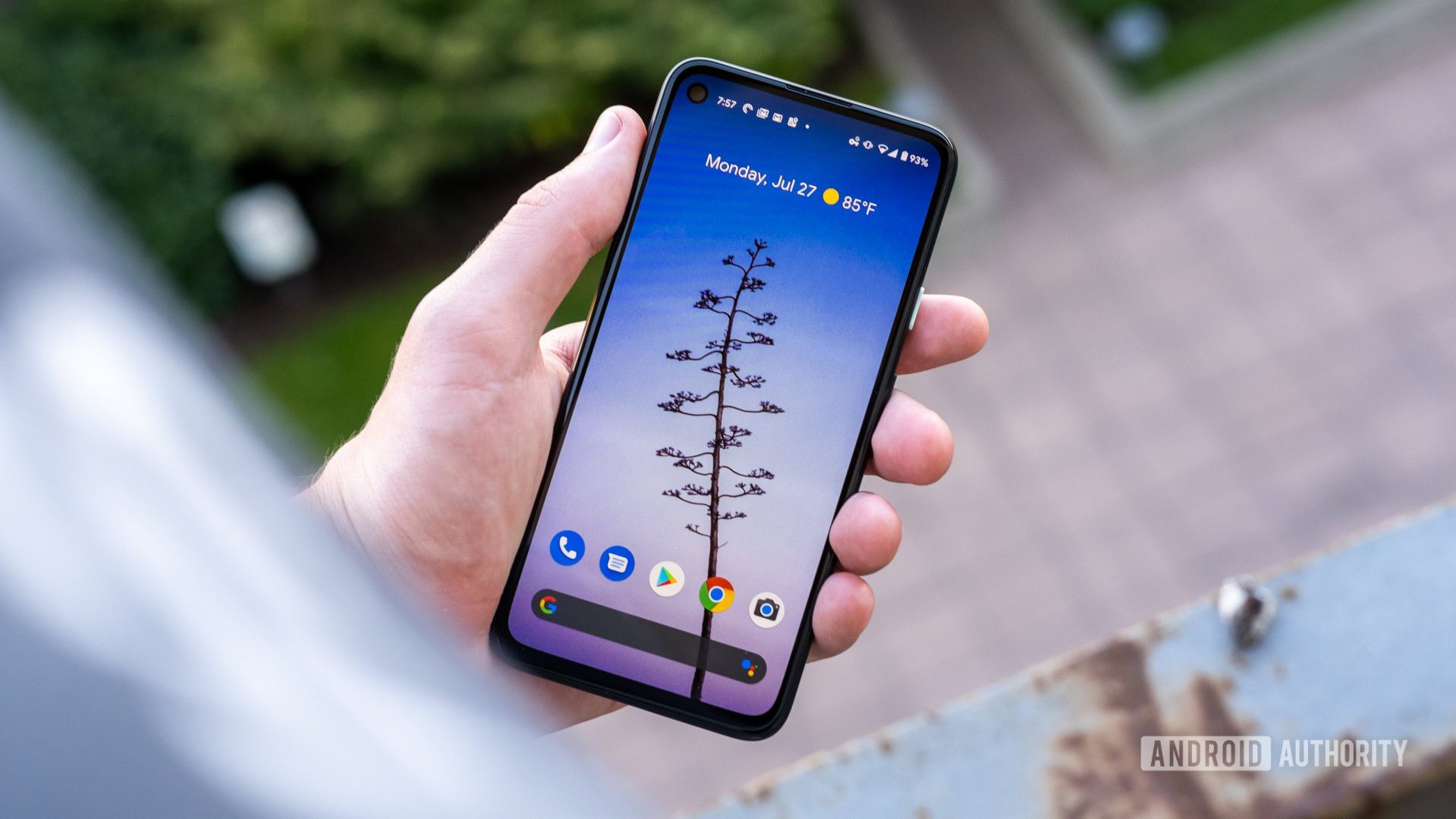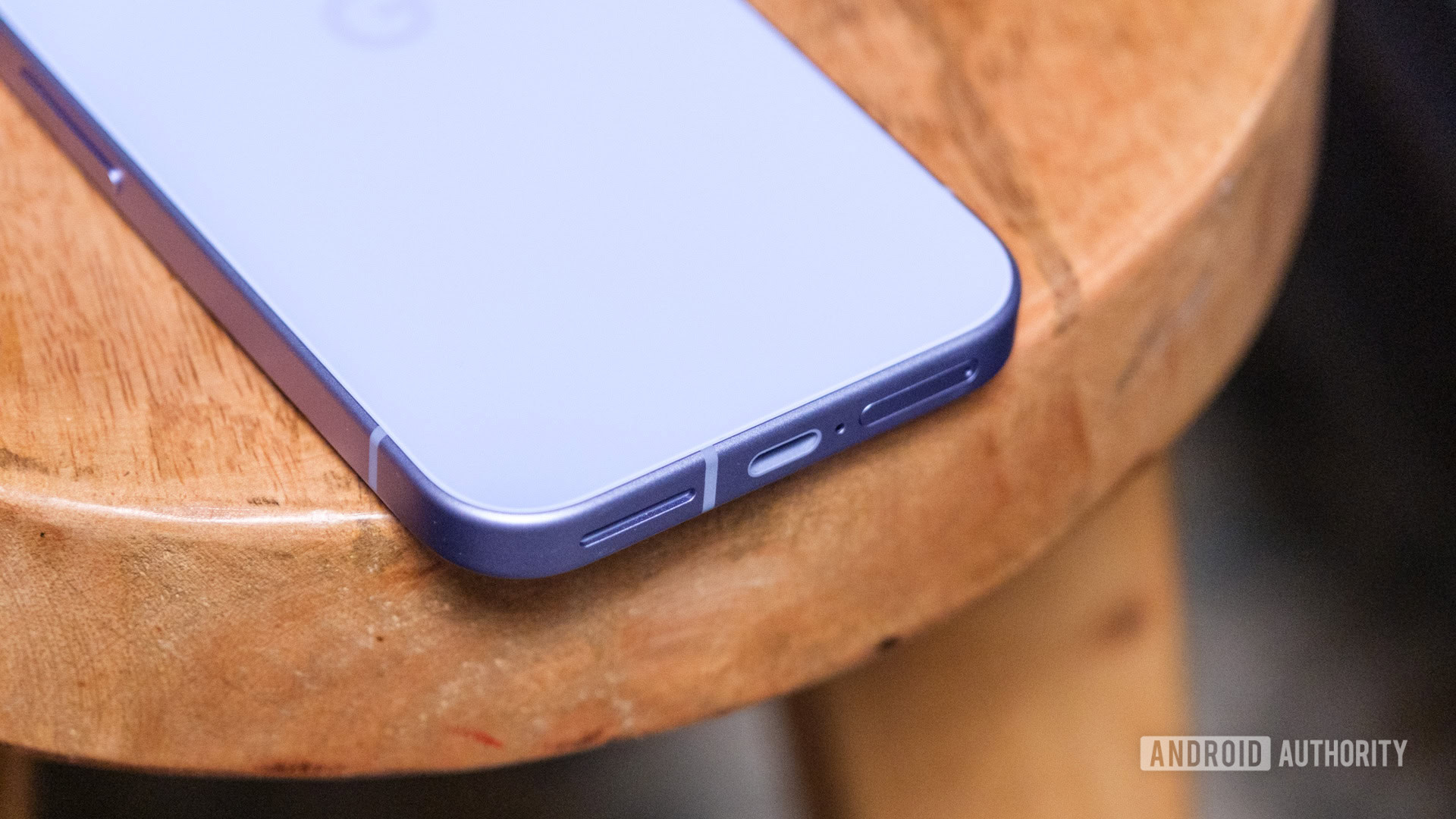Several Google Pixel models have suffered significant battery issues over the past eight months. This has manifested in Pixel-A series, with phones catching fire or suffering from swollen batteries. But I can forgive you if you didn’t know about it.
Google has tried extremely hard to sweep this issue under the rug, preferring that it didn’t exist and pretending it’s not a big deal. However, I can’t overstate enough why you really shouldn’t let the company off the hook.
Do you think Google has done a good job addressing Pixel battery issues?
1173 votes
Google’s disappointing reaction to battery issues

David Imel / Android Authority
The issue officially started with the Pixel 4a in January 2025, when Google issued a mandatory update to some models out of nowhere. The company claimed this update was part of the curiously named “Battery Performance Program.” This was interesting timing, as the phone hadn’t been supported since 2023. Users also quickly found out that this update dramatically reduced battery life and charging speed.
Google’s initial statement only said that this update would “improve the stability” of battery performance. At no point in the announcement post did it disclose that this update was actually released to reduce the risk of batteries overheating. It was Australia’s consumer watchdog that first revealed the battery overheating risk in March 2025 — almost three months later. This is something you’d really want to know if you had a Pixel 4a. To Google’s credit, it offered a free but optional battery replacement. The company also offered $50 cash or $100 in store credit as an alternative to the battery swap-out.
Google didn’t even disclose that some Pixel 4a units had a battery overheating risk.
It turned out that the Pixel 4a wasn’t alone, as the Pixel 6a also had battery issues. At least five Pixel 6a owners reported that their phones caught fire, with the earliest complaint dating back to at least December 2024. Google released a mandatory “Battery Performance Program” update to affected models last month, which unsurprisingly reduced charging speed and battery capacity. The company actually acknowledged the “risk of potential battery overheating” in its post announcing the update. It likely had no choice but to confirm the issue in light of the user complaints. Google once again offered free battery replacements, cash, or store credit. But again, the battery replacement is optional, and it didn’t initiate a recall.
Unfortunately, there’s a chance the battery-nerfing update might not help in some situations. One Pixel 6a owner reported a fire after installing the update. If confirmed, this would demonstrate that Google isn’t doing nearly enough and absolutely needs a mandatory battery replacement program or recall.
The latest page in the Pixel 6a saga is that Google has reportedly pulled refurbished phones from sale on its website. It’s entirely possible this move is unrelated to the battery issue (e.g., stock). But if Google’s decision is indeed due to battery concerns, what does that say about the company’s approach? At best, the company doesn’t want to sell more potentially defective Pixel 6a units to consumers, but won’t actually initiate a recall. At worst, Google thinks the Pixel 6a is safe enough to keep in your pocket but not safe enough to sit in a warehouse.
Believe it or not, but the Pixel 7a suffers from issues too, as some users reported swollen batteries. Thankfully, Google did a solid job of announcing the issue. It confirmed “unexpected battery swelling” and initiated a battery replacement program. Clearly, this isn’t an issue that can be addressed with a “Battery Performance Program” update. But this turn of events seems to be the exception, rather than the rule.
Google apparently pulled refurbished Pixel 6a phones from its shelves, but what about customer devices?
What exactly is the issue, though? The company expanded on this in an emailed response to our questions earlier this year:
A passive component in Pixel 9a didn’t meet our rigorous quality standards for device longevity and rather than ship it, we made the difficult decision to delay the on-shelf (sic) and take corrective action on the small number of affected units.
In other words, Google didn’t really identify the specific part in question. The company then compounded issues by announcing that its battery health assistance feature would be mandatory on the Pixel 9a, but optional on previously launched devices. Battery health assistance effectively builds on the foundation of previous “Battery Performance Program” updates by gradually reducing a phone’s battery capacity and charging speed in the name of long-term durability. It’s not hard to put two and two together here in the absence of a proper explanation.
This lack of transparency is deeply troubling. It would be a major breach of consumer trust if the company knowingly launched a phone with a defective battery or battery-related part and tried to sweep it under the rug.
Consumers deserve transparency over Pixel battery woes

Ryan Haines / Android Authority
It’s clear that Google hasn’t adequately managed its Pixel battery issues well and is hoping you’ll forget about it. This lack of transparency is bad PR, for one. Ignoring an issue or failing to adequately communicate the problem doesn’t instill confidence in a company’s products. More importantly, this could lead to more devices catching fire. But hey, at least you can get $100 store credit (or $50 cash) to make up for your burns.
Google’s overall handling of these issues also makes me think twice about buying or recommending a Pixel phone, and I’m not the only one. Colleague Rob Triggs previously opined that he could no longer recommend Pixel phones due to these issues. Sure, this issue hasn’t affected Google’s flagship devices. But the way it handled these issues on its mid-range phones doesn’t inspire confidence that things will be better on its high-end devices.
In any event, it’s time for Google to step up and be far more transparent and proactive about its Pixel battery problems. Say what you will about Samsung, but the company did a much better job of addressing the Galaxy Note 7 saga.
Thank you for being part of our community. Read our Comment Policy before posting.










